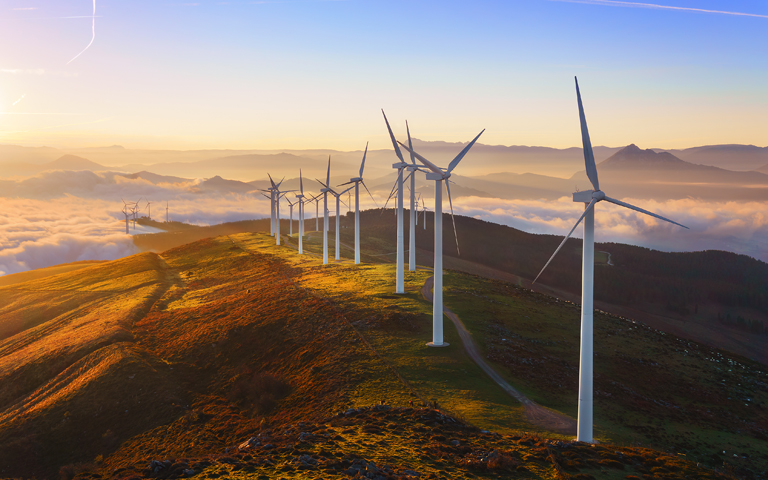Germany has expressed its willingness to help fund the R390 billion (US$22 billion) that South Africa needs to integrate more solar and wind power into its national grid and enhance its energy security.
Germany’s special envoy for a climate-finance agreement between South Africa and several of the world’s wealthiest nations indicated that the country could provide additional funding once the scope of the grid expansion project is clearly defined. The pact, initially agreed upon in 2021 and now valued at US$9.3 billion, has faced criticism for its slow progress.
“There is a need for investments in both the quality and capacity of the grid,” said Rainer Baake, the envoy for the Just Energy Transition Partnership, during a visit to Pretoria on Thursday. “We’re in a position to provide significantly more funding for the grid.”
South Africa has been grappling with periodic power outages since 2008 and urgently needs to expand its grid as it transitions from coal, which currently generates about 80% of its electricity, to renewable energy sources.
Also read: Kavango Resources Marks Major Milestone with Entry into Zimbabwe’s Gold Mining Sector
While the current grid is strong in the center and east of the country, where the industrial base and coal mining are concentrated, the most viable locations for solar and wind energy are in the west.
Efforts to increase the capacity of the transmission network have been hampered by bureaucratic delays associated with the plan to break up the national power utility, Eskom Holdings, into separate entities for generation, transmission, and distribution. A board has been appointed for the transmission company, but there is still no clear plan on how private investors can participate in building and operating the transmission lines.
Baake spoke at a press conference during a visit with Jochen Flasbarth, state secretary for Germany’s economic cooperation and development ministry, and Jennifer Morgan, state secretary and special envoy for international climate action. The German delegation met with South African officials, including Finance Minister Enoch Godongwana. Other countries involved in the climate-finance pact include France, the US, UK, European Union, the Netherlands, and Denmark.
So far, only €1.1 billion (US$1.22 billion) in loans from Germany and France has been disbursed under the agreement, aside from grants. Concerns have also been raised after South Africa delayed the closure of three coal-fired power plants, potentially jeopardizing its commitment under the Just Energy Transition Partnership to reduce annual carbon emissions to about 350 million tons by 2030. South Africa is currently the world’s 15th-largest emitter of greenhouse gases.
“This situation isn’t ideal from a climate perspective,” noted Flasbarth. He acknowledged that the decision to delay the plant closures is understandable given South Africa’s ongoing power shortages but declined to comment on whether officials provided clarity on meeting the emissions targets. “We are patient and will wait for their proposed solutions, and in the meantime, we continue our support.”
The German delegation praised South Africa for enacting significant climate and energy legislation this year, including the Climate Change and Electricity Regulation Amendment bills.
However, they urged South Africa to make better use of its existing transmission lines by allowing “curtailment,” which would enable more renewable energy producers to connect to the grid with the condition that during peak supply periods, they might not send all their generated power to the grid. This could potentially involve compensation for the power producers.
For comments, Feedback and Opinions do get in touch with our editor on WhatsApp: +44 7949 297606 or Email Us at editor@zimetro.co.zw

For comments, Feedback and Opinions do get in touch with our editor on WhatsApp: +44 7949 297606.
